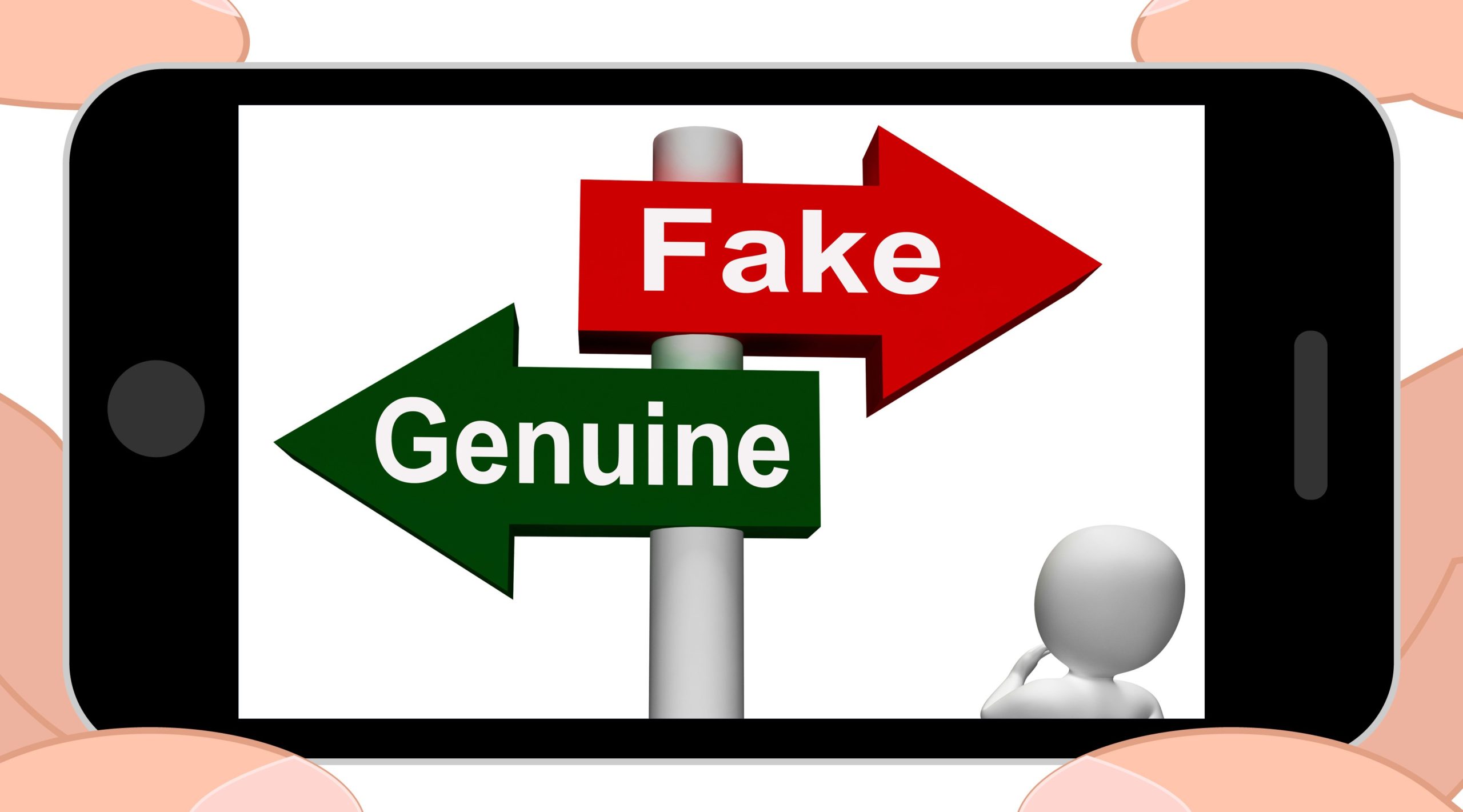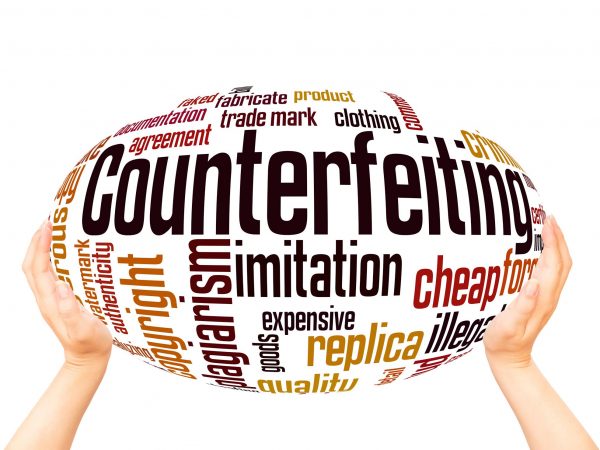Schneider Electric, a company that specializes in efficient energy management, recently published a survey conducted in Africa on counterfeit electrical products. The aim of the survey was to assess the current situation in eleven countries across Africa where counterfeiting seemed prevalent. They were also interested in measuring the awareness by professionals about the existence of counterfeit products within their market and analyzing their understanding of its impact to their business and to their consumers.The survey results show that counterfeit electrical products are widely spread in all the African countries surveyed and even accounts for up to 40 to 80 percent of their markets. Items like sockets, cables, switches, and extension cords are some of the most counterfeited electrical products. A more detailed result of the survey is available here.
Counterfeit and substandard electrical products pose a serious fire safety concern for both professionals and consumers. These substandard products could endanger the lives of consumers and result in unnecessary extra expenses from damage. If you remember the MGM fire in Las Vegas in the early 80s, it was due to combustible materials, including cables, burned at extreme speed and intensity. 84 people lost their lives that day. If you are cutting costs by buying substandard fake materials, you are only delaying and even exacerbating the problem further.
Ways to Spot Counterfeit Electrical Products
Incorrect certification marks – Depending on the country that you live in, there are certain certification bodies that provide verification marks on products to help consumers determine the authenticity of the product they are purchasing. Additionally, given the level of sophistication of some verification marks, counterfeiters sometimes it may be more difficult (although not impossible) to replicate it. This would be the first tip-off to the consumer that the product is not genuine. Most products use the UL number worldwide from a safety and certification company and other products may use alternative verification marks. Be sure to note which ones apply and use that as a tip to verify authenticity.
Instructions, warnings, and warranties – Are the instructions on the packaging clear? Do they match the product in the package? Are the warnings equally relevant to the product in the package? What warranties are they offering? Sometimes these counterfeiters just copy and paste a generalized blurb of information on warranties and instructions on any packaging, whether it is relevant to the product or not. Be sure to read the instructions and verify that it matches the product you are purchasing.
Colour – If you have been buying the product for a while, you will come to know what the original colour is supposed to be. Even if you are uncertain, you can verify through the company’s website to ensure it is the right product you are purchasing. This is not perfect as re-branding a product may change the product’s packaging or color.
Printing – Is the printing on the package low quality? Most electrical companies take special care in packaging their products to reflect the high-quality nature of the brand. If the print on the package does not match the level of quality you have experienced previously, it is likely the product is not directly from that brand. Pay close attention to the logo on the packaging as well and match it with the logo of the brand you are buying.
Weight – Does the product seem heavier or lighter than usual? Some companies state on their website the exact specification of their products so if the product you have purchased does not match that specification, this may be another tip-off for you.
Price – This is usually an important indicator. If the price of the product is unusually low, there is a high possibility that the product is not from its genuine source.
East African Cables, a premier cable manufacturer that functions in East and Central Africa, realized the issue of counterfeit electrical products much earlier in their business cycle. They searched for easy to integrate technological solutions to incorporate in their current business processes and decided to employ Sproxil’s services. So far, their clients have had nothing but good news to report regarding this service as seen below.
Are you an electrical company looking for easy-to-implement solutions that protect your brand and ensure consumer safety? Reach out to us via email and let us help you figure out the next steps.
Check out this article for a more detailed analysis on how to identify counterfeit electrical goods.



